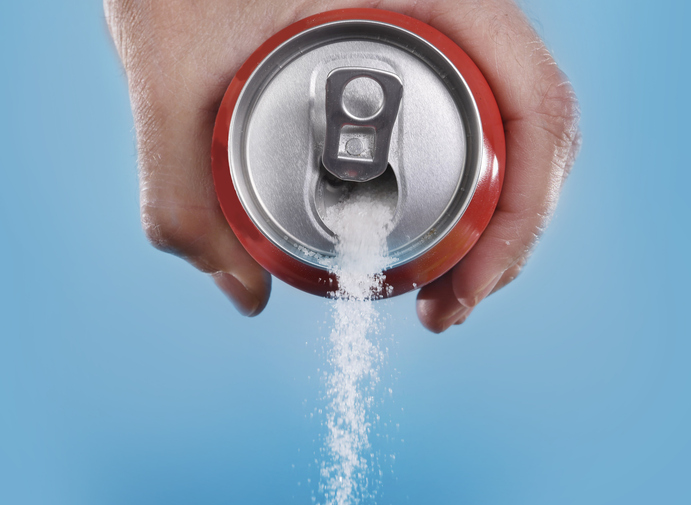
Fasting is a common practice for diabetes patients the morning of a lab test, particularly for lipid profiles. But according to a new study, this puts patients at risk of FEEHD—fasting-evoked en route hypoglycemia in diabetes—which could adversely impact themselves and others.
Diabetes patients filled out a survey about their experience with hypoglycemic events related to fasting for lab testing in the past year. Of the 525 patients who completed the survey, data for 363 of them were analyzed. Mean age was 60.6 years.
#diabetes people are more likely to experience Fasting evoked en route hypoglycemia in diabetes. Visit us for more details at https://t.co/lIUbhqECjY #summit_diabetes #diabetes_congress #obesity_conference #heart_meetings #london @summit_diabetes @WorldObesity @AAHFN @DiabetesUK pic.twitter.com/MxtKwqBKXc
— Diabetes Summit (@summit_diabetes) December 5, 2018
In the past year, 62 (17.1%) patients had experienced at least one FEEHD event. Patients on insulin secretagogues or on insulin (n = 269) were considered high-risk for FEEHD; of this group, 59 (21.9%) experienced at least one FEEHD event in the past 12 months. Among the FEEHD patients, just over half (n = 33, 53%) reached out to their provider about the event, and 22 (35%) were given FEEHD prevention instructions.
Men with type 2 #diabetes have an increased risk for major cardiovascular events in the 3 months following a severe #hypoglycemia episode. Details: https://t.co/3pGYrnW1cp
— CPF (@CPFgrants) December 4, 2018
“Hypoglycemia is an overlooked problem that we see from time-to-time in patients with diabetes who show up for lab tests after skipping breakfast,” said study author Saleh Aldasouqi, an endocrinologist in the College of Human Medicine, Michigan State University. “Patients continue taking their diabetes medication but don’t eat anything, resulting in low blood sugar levels that cause them to have a hypoglycemic event while driving to or from the lab, putting themselves and others at risk. Our new motto is ‘Feed not FEEHD,’ to remind patients of this danger and get them to eat.”
Fasting or skipping #breakfast for lab tests may increase the risk of #hypoglycemia (low blood sugar) in patients with #diabetes, reports a michigan state university study. @michiganstateu https://t.co/RudyS7MdZN pic.twitter.com/4E4FyXsozu
— Medindia.net (@Medindia) December 5, 2018
The study authors said their findings contradict the previous long-held notion that fasting before certain lab tests is necessary. The opposite is true, according to the authors.
“It is imperative that health organizations, especially diabetes organizations, become more aware of this issue and include specific educational guidelines to prevent FEEHD,” the researchers concluded. “As the utility of fasting lipid panel has been deemed doubtful and does not appear to be inferior to nonfasting measurements, it may now be high time to amend lipid management guidelines.
‘Artificial Pancreas’ Found to Outperform Traditional Insulin Pumps in Diabetes Management
Cardiovascular Safety of Lorcaserin in Overweight or Obese Patients
Sources: MSUToday, International Journal of Endocrinology







 © 2025 Mashup Media, LLC, a Formedics Property. All Rights Reserved.
© 2025 Mashup Media, LLC, a Formedics Property. All Rights Reserved.